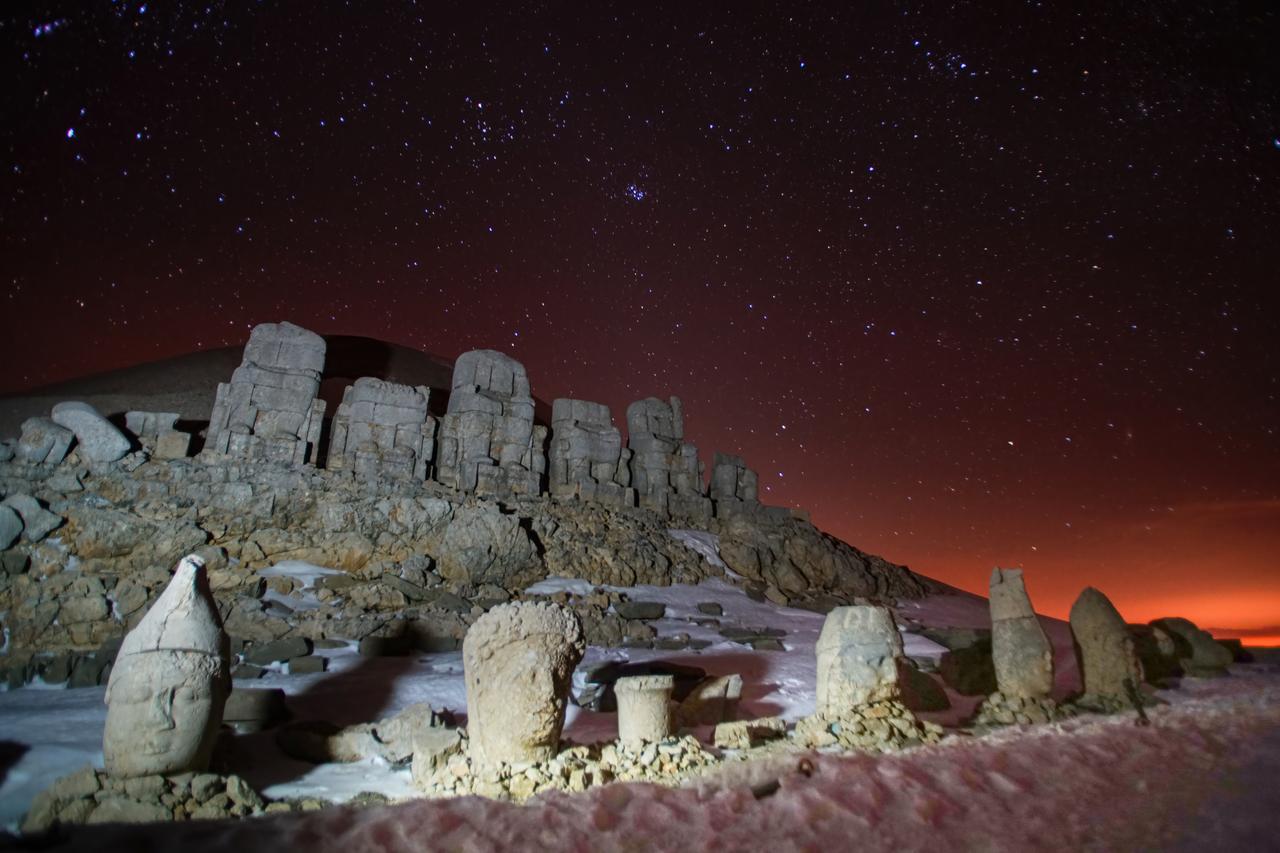
Türkiye offers exceptional stargazing opportunities thanks to its diverse geography, low light pollution in many rural areas, and a growing interest in astrotourism.
While major cities suffer from significant light pollution, venturing into the country's national parks, high-altitude regions, and remote valleys reveals a canvas of stars that can leave you breathless.
Red Valley, Nevsehir (Cappadocia)—a popular destination for amateur and professional astronomers due to its bright skies, beautiful rock formations, and low light pollution. Its distinctive terrain makes for an enchanted stargazing experience, particularly around sunset and throughout the night.
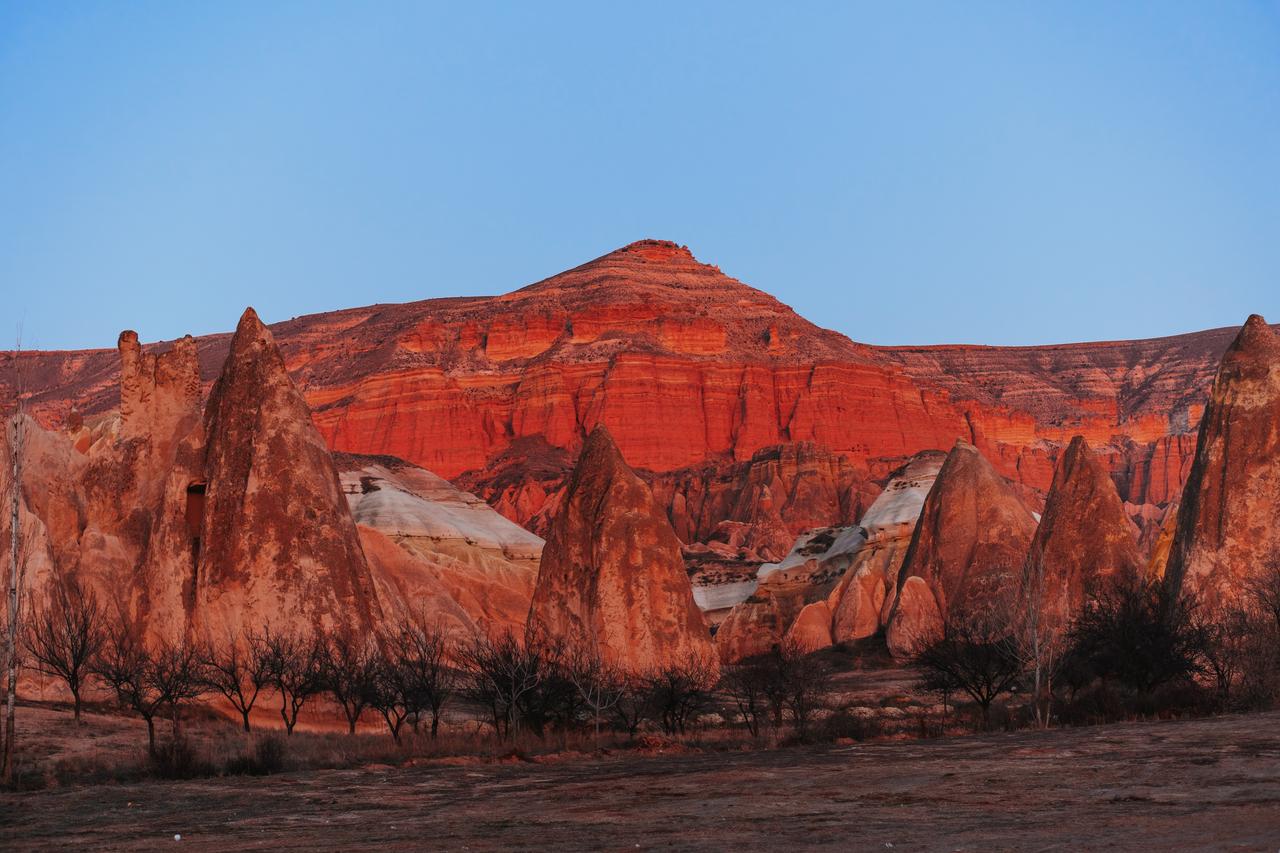
Mount Ida (Kaz Daglari), Balikesir: Renowned for its exceptionally low light pollution and high oxygen levels, offering pristine conditions for observing the night sky; its lush forests and proximity to the sea enhance the experience, though the remote location may require extra travel planning.
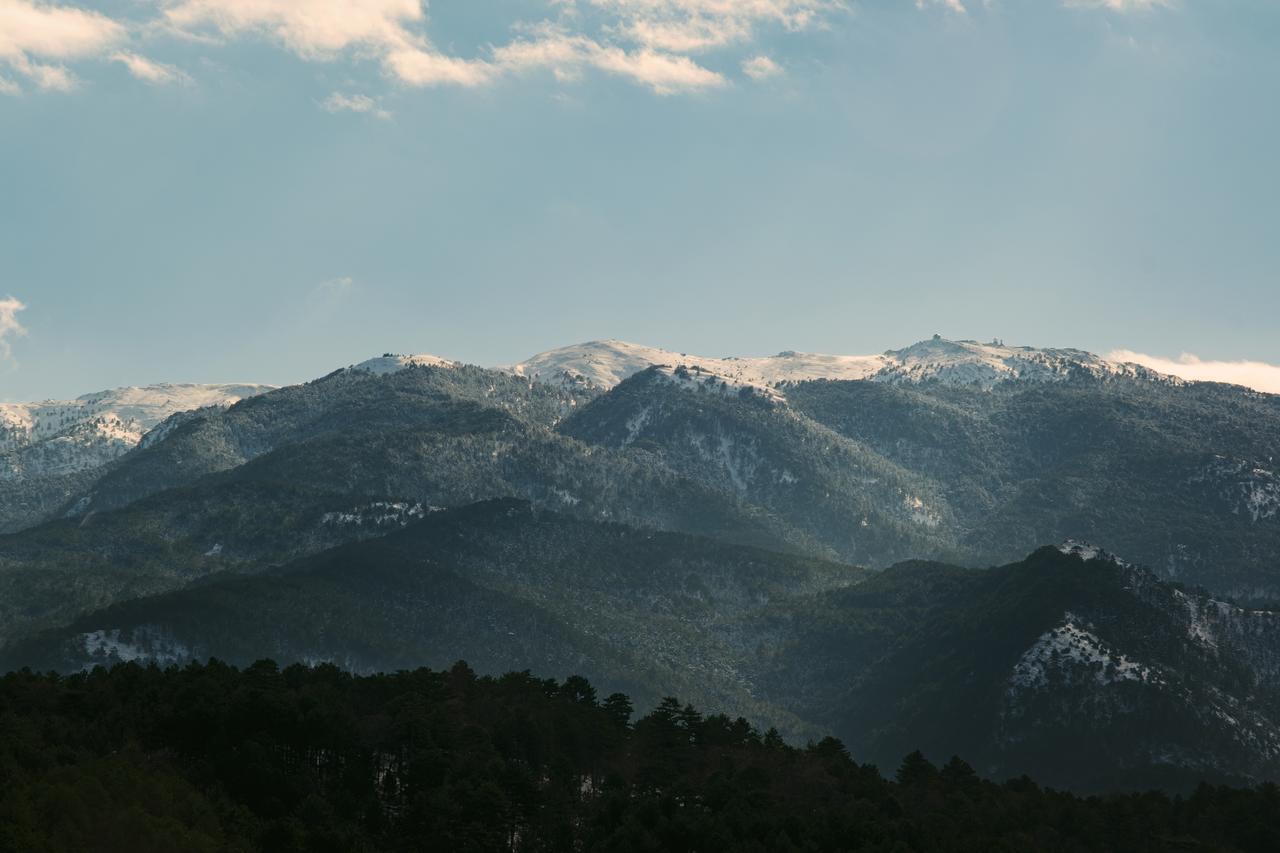
Karagol Nature Park, Bolu: It offers bungalows and tent areas by a serene lake, providing a peaceful, minimally lit environment perfect for stargazing.
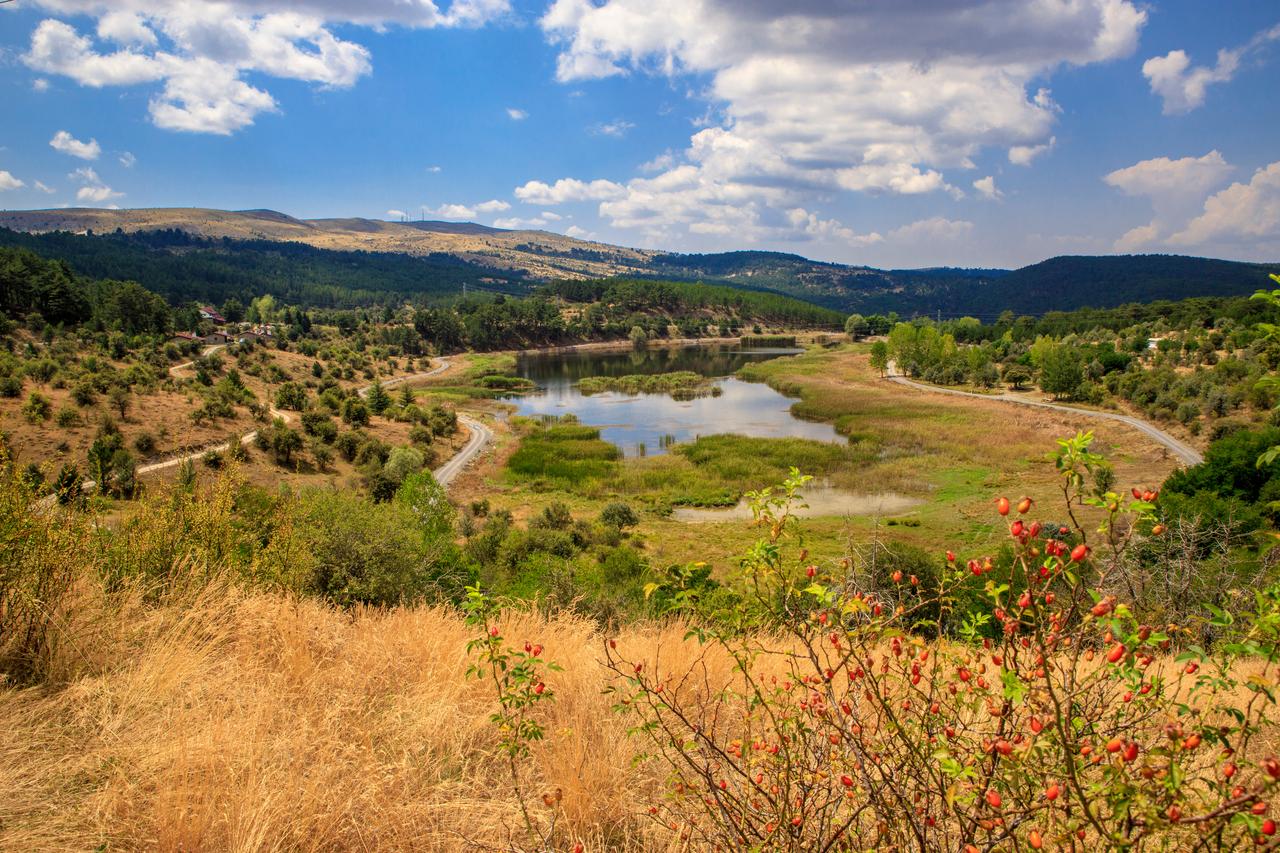
Uludag, Bursa: Uludag’s high altitude and snowy peaks create unique stargazing conditions, especially in winter, offering clear, crisp views of the night sky, though weather can be unpredictable.
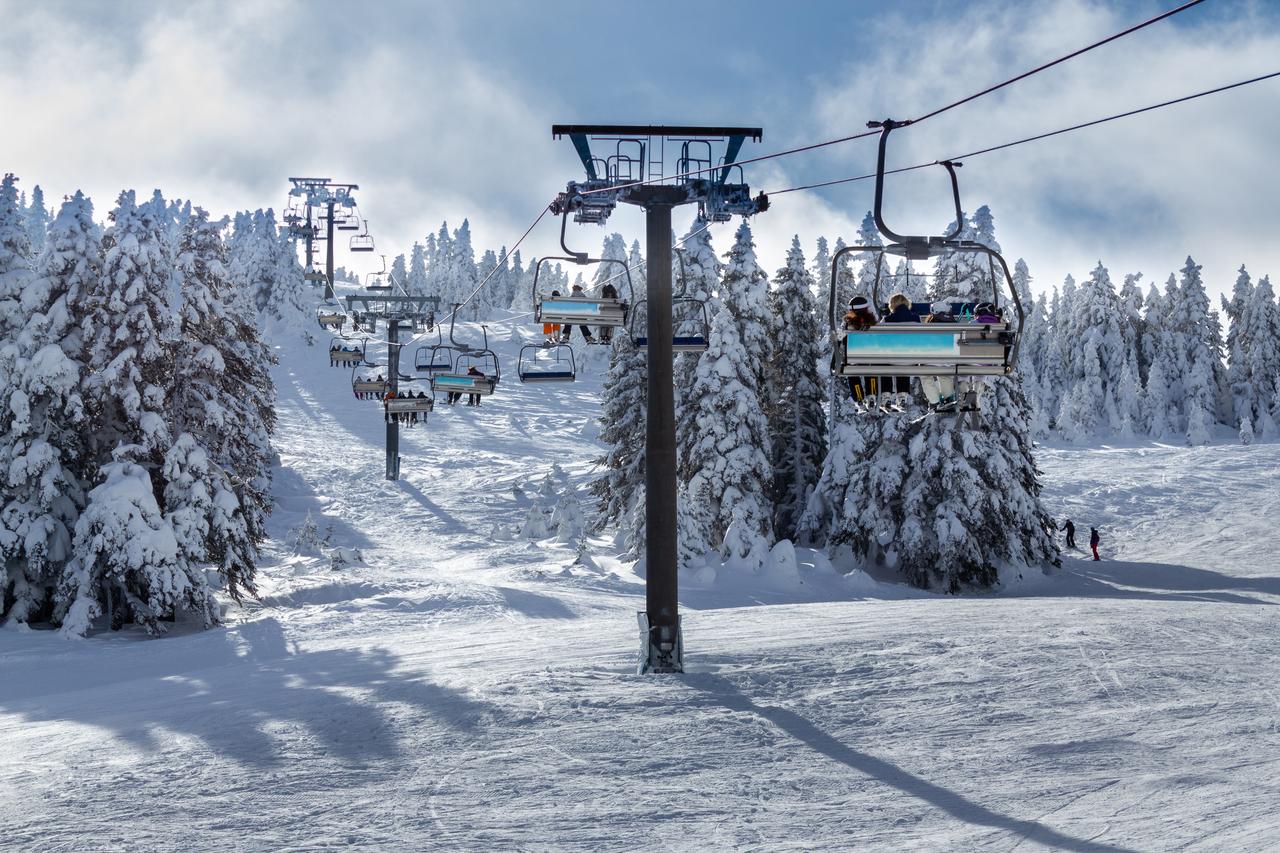
Olympos, Antalya (Olimpos Beydağları National Park): Olympos is famed for its annual Sky and Science Festival and treehouse accommodations, providing a lively, community-focused stargazing experience along the scenic Lycian Way.
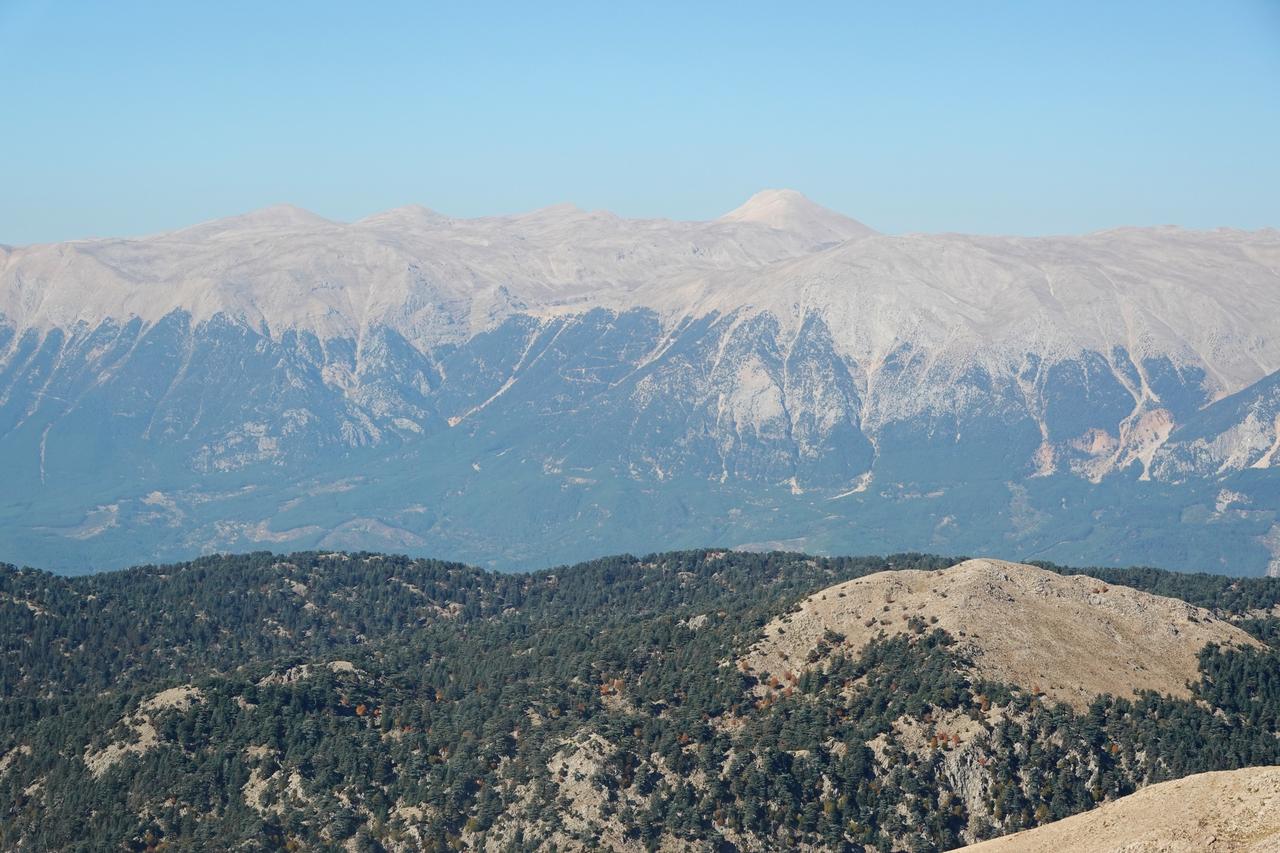
Locations such as Beyagac Topuklu Plateau and Olympos host regular annual sky observation festivals, featuring educational activities, guided telescope sessions, and entertainment for all ages.
The Saklikent Observatory in Antalya and TUBITAK’s Bakirtepe Observatory in the Taurus Mountains offer public events and professional-grade telescopes for an enhanced stargazing experience.
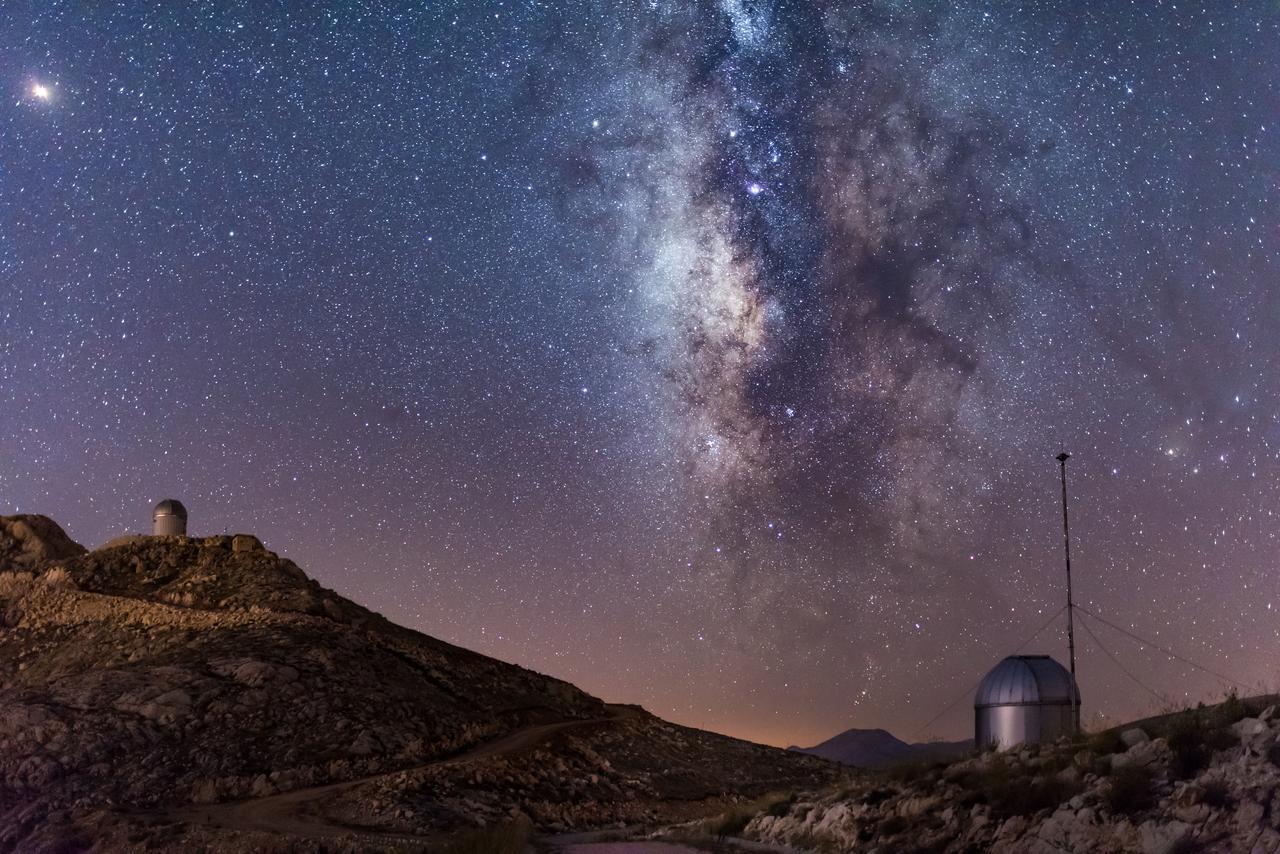
While not exclusively astronomy-focused, Türkiye’s rich festival calendar (including events like the Hot Air Balloon Festival in Cappadocia in August) often complements night sky viewing opportunities by drawing visitors to scenic and dark-sky areas.
The best tip for stargazing is to seek high altitudes and remote areas, which are found in mountainous or plateau regions far from city lights.
Many regions organize public observation nights, especially during meteor showers or astronomical events.
It is also best to be weather prepared as some regions, especially in the Black Sea, can be cloudy or cold at night, so you would need to dress warmly and always check the weather forecasts.